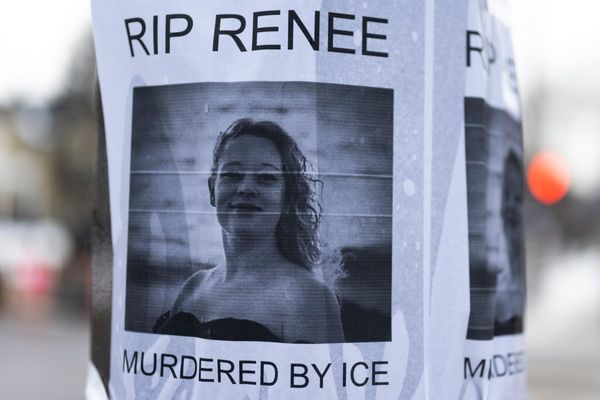BOISE, Idaho — Behind closed doors, furious negotiations are taking place to keep the peace between canal irrigators in the Magic Valley and groundwater irrigators in Eastern Idaho as the drought that has gripped the West rears its head in the Gem State.
At stake is a 2015 settlement agreement, a crowning achievement of House Speaker Scott Bedke, which aimed to stop the conflict between the Surface Water Coalition — canal companies and fish farms in the Magic Valley who generally have senior water rights — and the Idaho Ground Water Appropriators — Eastern Idaho groundwater irrigators who generally have junior rights. If negotiations fail, so will crops.
The latest conflict has been kicked off by two successive dry years in which there hasn’t been enough water available to sufficiently recharge the aquifer.
The basic structure of the 2015 agreement was that Eastern Idaho irrigators would receive safe harbor from water curtailment in exchange for working to implement water conservation measures. That meant drying up some fields, using more efficient irrigation systems and buying water from upstream reservoirs to recharge the aquifer.
Between 2016, when the deal was first implemented, and 2020, the agreement worked perfectly. Both 2017 and 2018 were good water years, with abundant snowpack leaving plenty of water for farmers, along with lots of extra to be used for aquifer recharge.
But as drought has taken hold, there hasn’t been as much water available for recharge. Groundwater users believed the extra water they had recharged in good years should offset the shortfall in drought years. But the Surface Water Coalition is arguing that because groundwater users didn’t meet their 2021 quota, Eastern Idaho farmers are in breach of the agreement and should lose its protection.
And that would mean about 132,000 acre-feet of water would be cut off immediately to those farmers — about half the total water that can be held in Lucky Peak Reservoir.
A decision by Idaho Department of Water Resources Director Gary Spackman is expected within days, according to Idaho Department of Water Resources Deputy Director Mat Weaver.
Bedke said he is optimistic that negotiations can resolve the issue before Friday.
“It will take the best efforts of all parties concerned to work it out,” he said.
If they are found to be in breach, the economic consequences for Eastern Idaho farmers will be massive. It could mean shutting off water to up to 105,000 acres, according to Weaver. That would mean enormous crop losses as fields wilt just before harvest. These are the kinds of losses that many farmers fear they will not recover from.
Kassidy Telford, a 34-year-old cattle rancher from Bingham County, said it’s highly uncertain she and her husband will be able to cover both their mortgage and their operating loan — which is used to cover costs until crops and livestock can be sold at the end of the year — if a curtailment order is issued.
Already, she and her husband were operating their 600-acre ranch with only 50% of their water rights. If the department sides with the Surface Water Coalition, they could lose another 40%.
“It’s really scary,” she said.
Don Parker, a Jefferson County farmer, said many of his neighbors are awaiting the director’s decision with dread.
“It would be devastating for me as a farmer for them to cut off and tell me we have to shut off now,” he said. “We’re looking at 90-degree days.”
As big as the potential curtailment is, it could be the tip of the iceberg.
Climate change is reducing the amount of water available each year — old timers remember the desert plains being regularly blanketed with deep snow in winter, something that rarely happens anymore. This means the water calls from the Surface Water Coalition can be expected to grow, and if Eastern Idaho farmers don’t have the safe harbor promised by the Bedke agreement, it will make the already uncertain world of farming even more volatile.
“The settlement agreement will all go to hell,” Parker said. “It will blow up the settlement agreement.”
That uncertainty will be too great for smaller farms and ranches to survive, Parker said.
Bedke said he’s confident negotiations will avert that outcome. But no agreement will be able to forestall water conflicts forever, he said.
“This is going to be Idaho’s future,” he said. “We’re the fastest-growing state in the nation, and we didn’t get an increased measure of water. We don’t get all the water we want every year, and we don’t get all the water we need every year.”







